Have you ever wondered about the source of all life on Earth? The answer might be right above our heads – sunlight! Sunlight is crucial for photosynthesis, the process by which plants convert light energy into chemical energy.
But is sunlight considered biotic or abiotic? Let’s delve into this interesting question and explore the role of sunlight in our ecosystem.
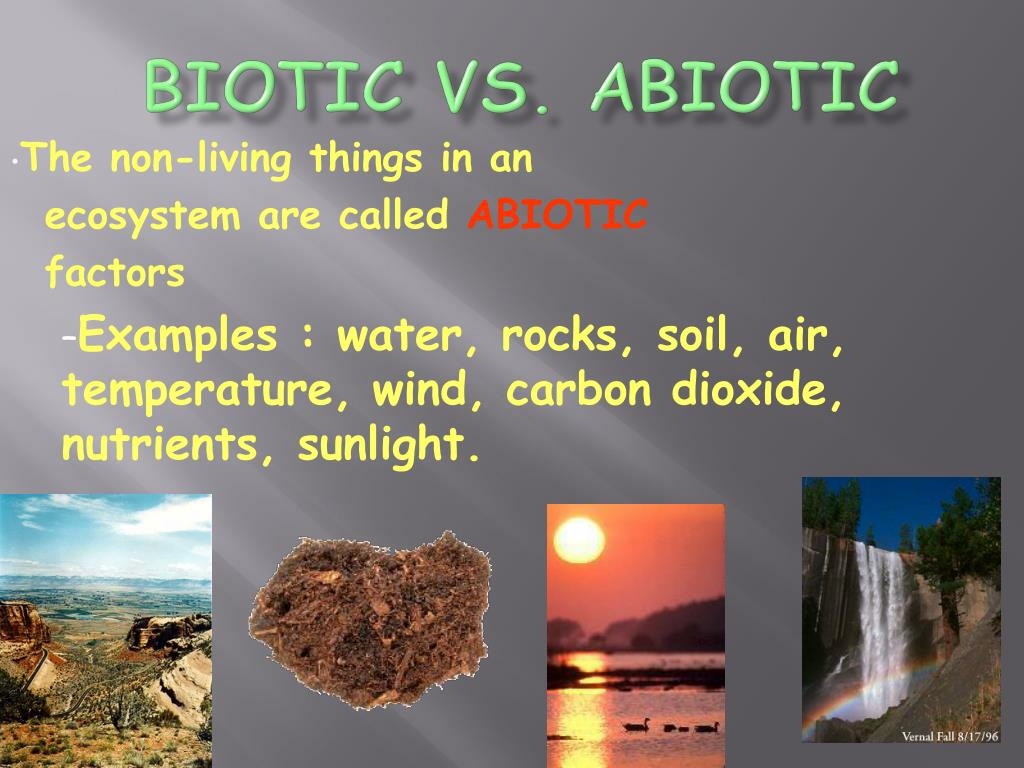
is sunlight biotic or abiotic
Is Sunlight Biotic or Abiotic?
Technically speaking, sunlight is considered abiotic, meaning it is not a living organism. However, sunlight plays a vital role in sustaining life on Earth. Without sunlight, plants wouldn’t be able to photosynthesize, leading to a disruption in the food chain.
While sunlight itself is not alive, it is essential for the growth and development of living organisms. Plants rely on sunlight to produce glucose, which serves as the energy source for all living things. In this way, sunlight is indirectly responsible for supporting biotic life.
Furthermore, sunlight influences various environmental factors such as temperature, climate, and weather patterns. Its presence or absence can have significant effects on ecosystems and biodiversity.
In conclusion, sunlight may be abiotic in nature, but its impact on biotic life is undeniable. Without sunlight, life as we know it would cease to exist. So, the next time you bask in the sun’s warm rays, remember its crucial role in sustaining life on our planet.
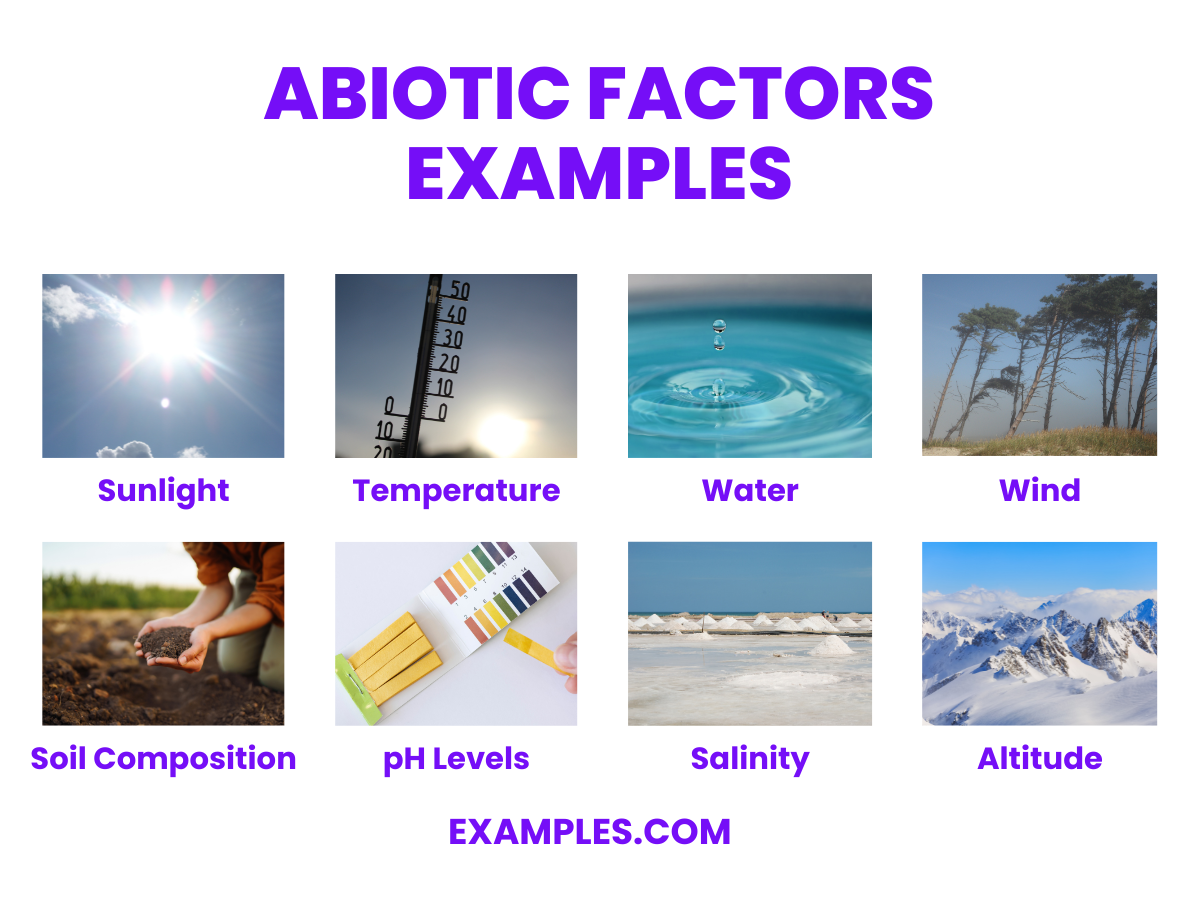
20 Abiotic Factors Examples
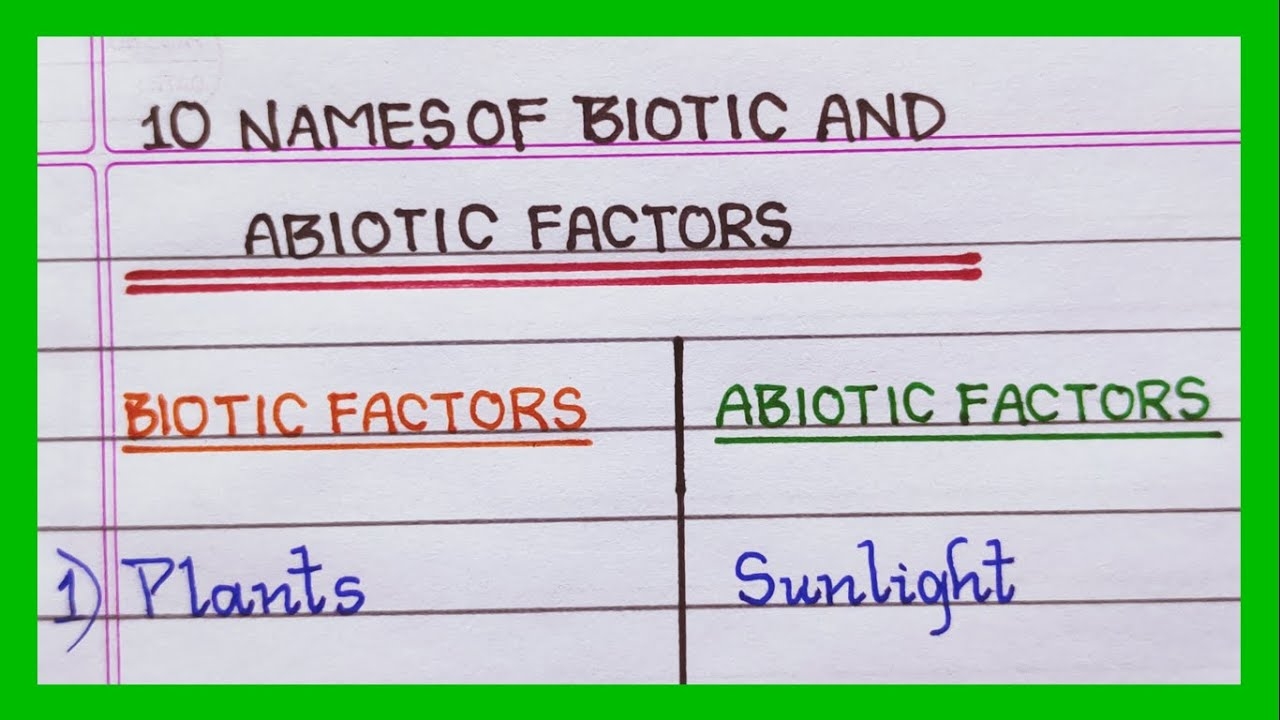
Biotic And Abiotic Factors Name Biotic And Abiotic Componets YouTube
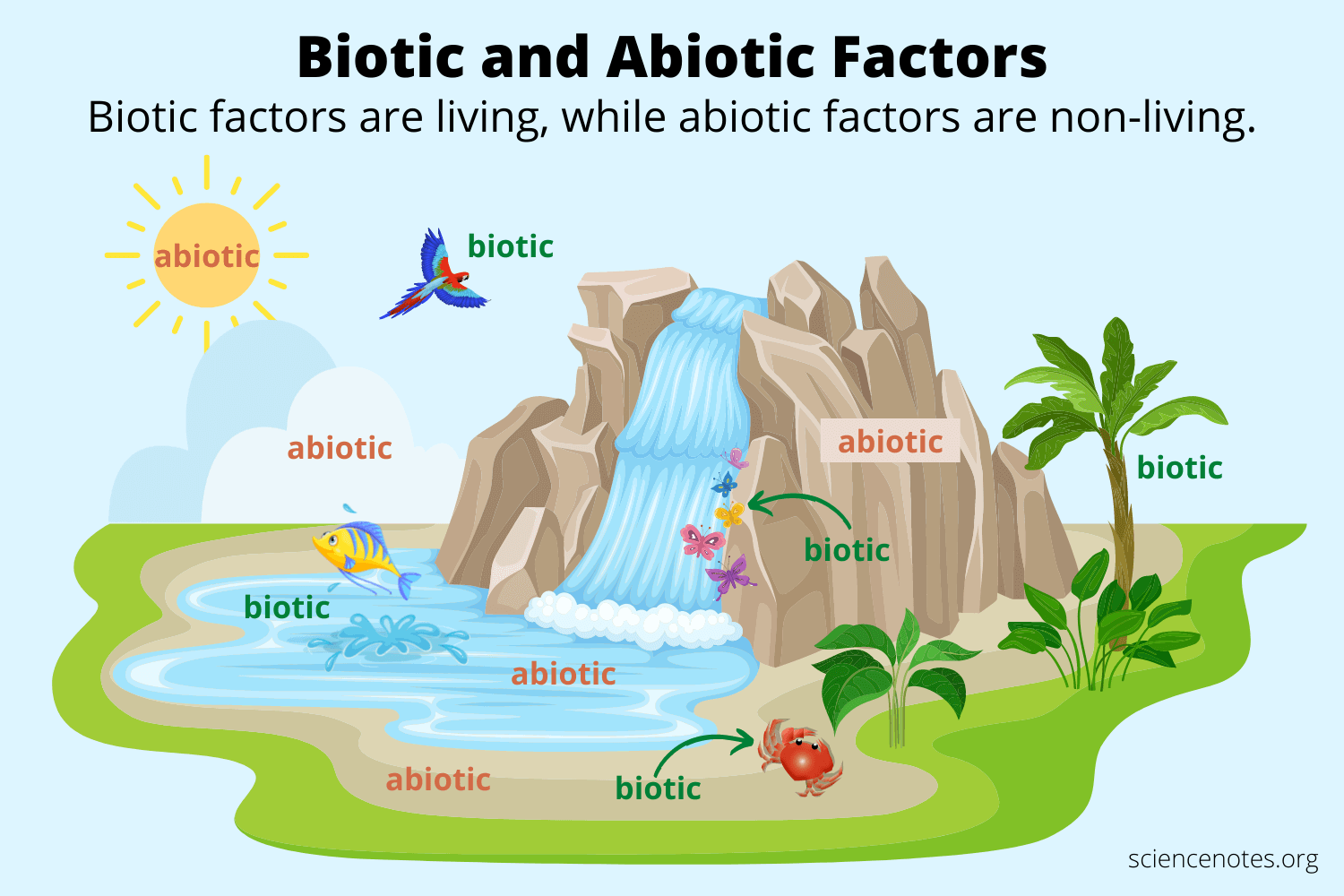
Biotic And Abiotic Factors In Ecology
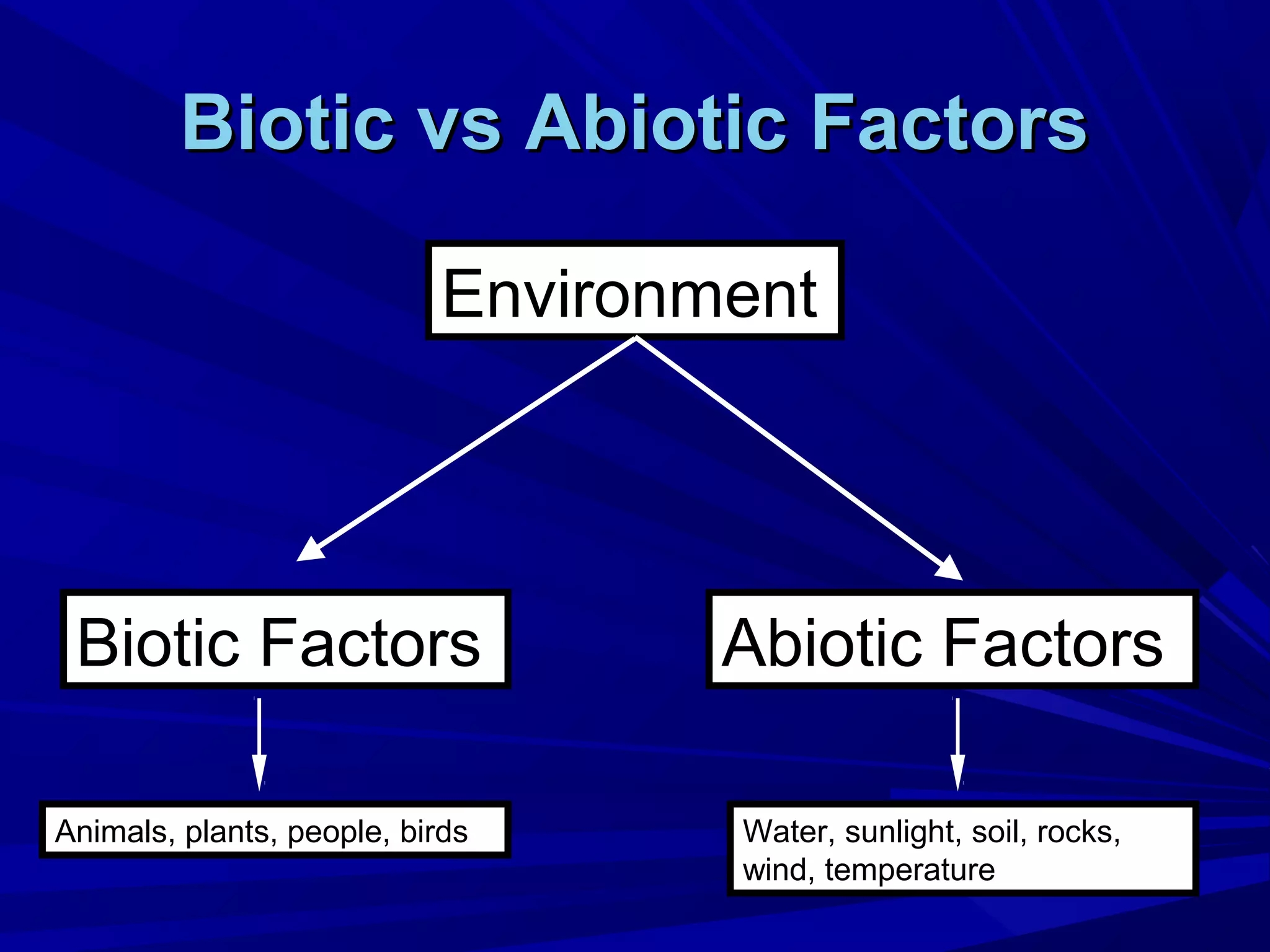
Abiotic Vs Biotic Web PPT
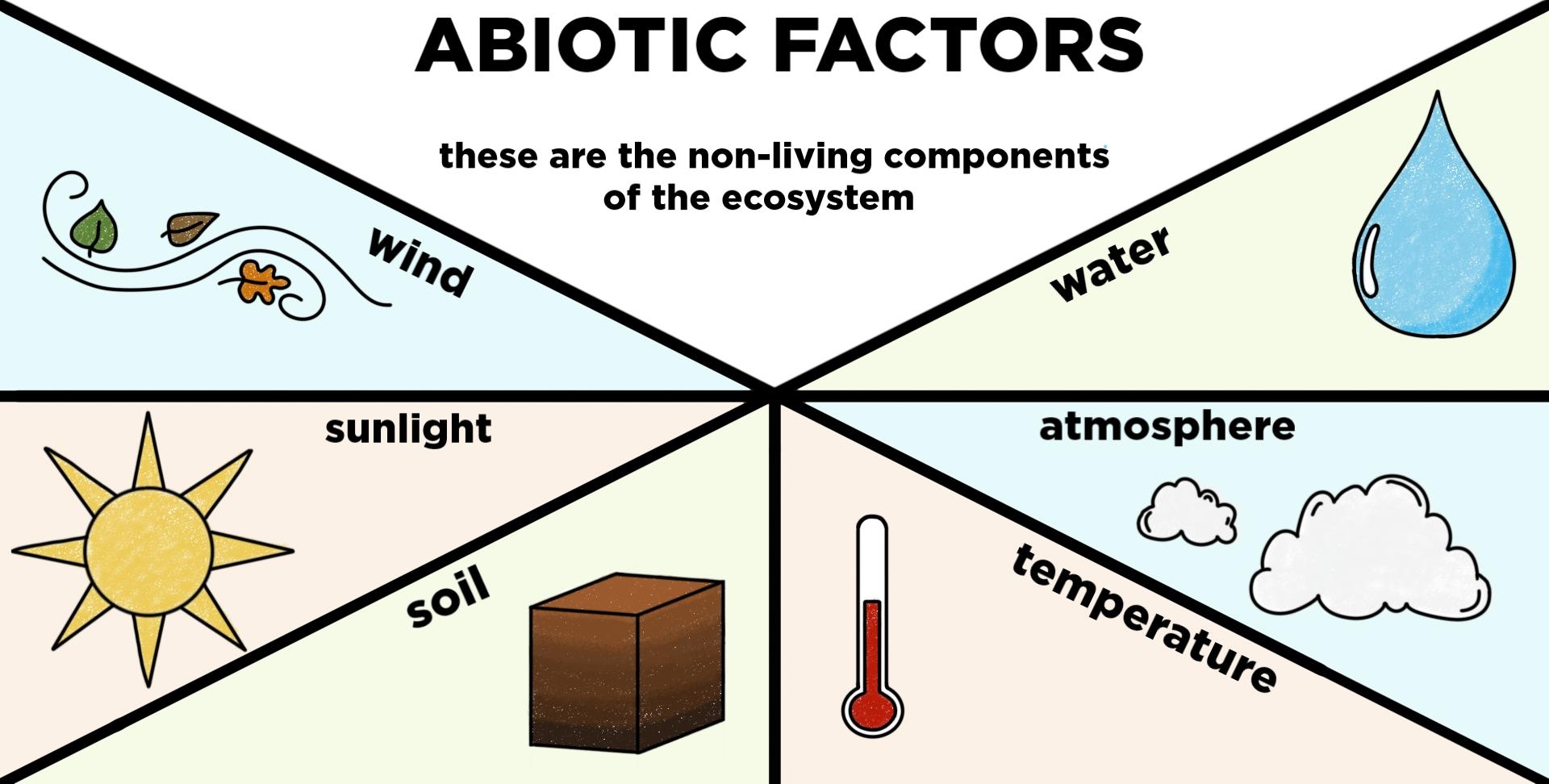
Abiotic Components Of Ecosystems Definition Examples Expii
